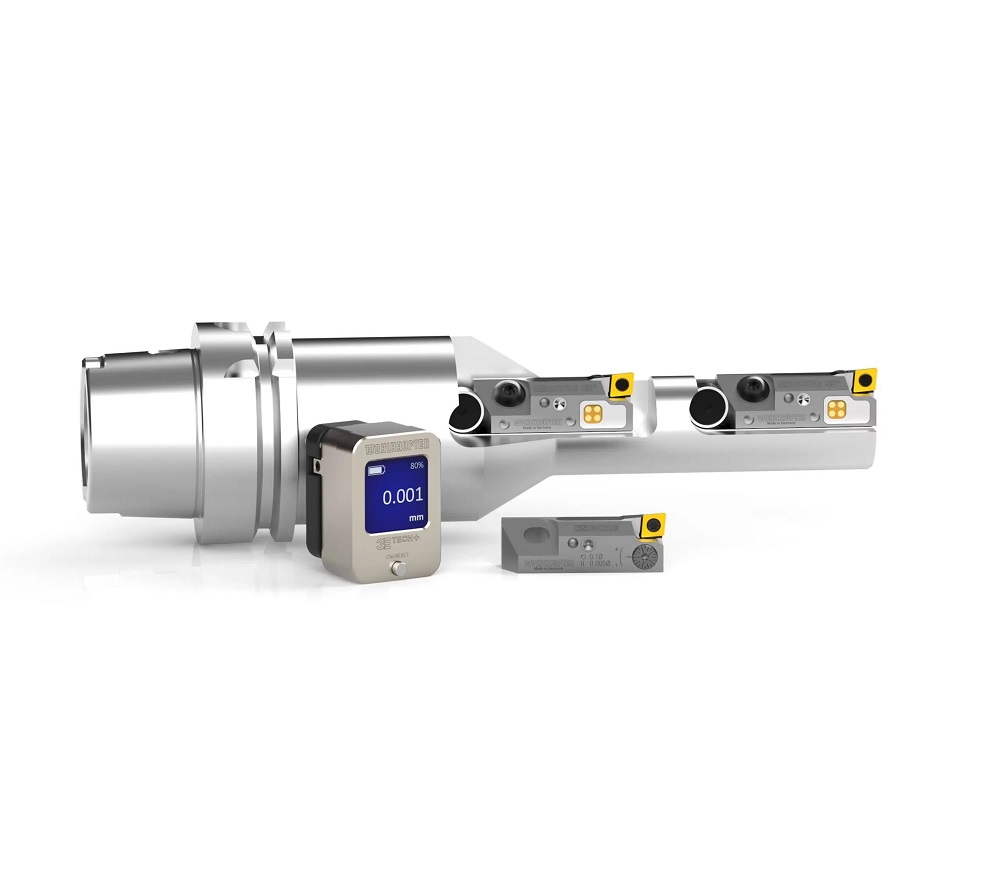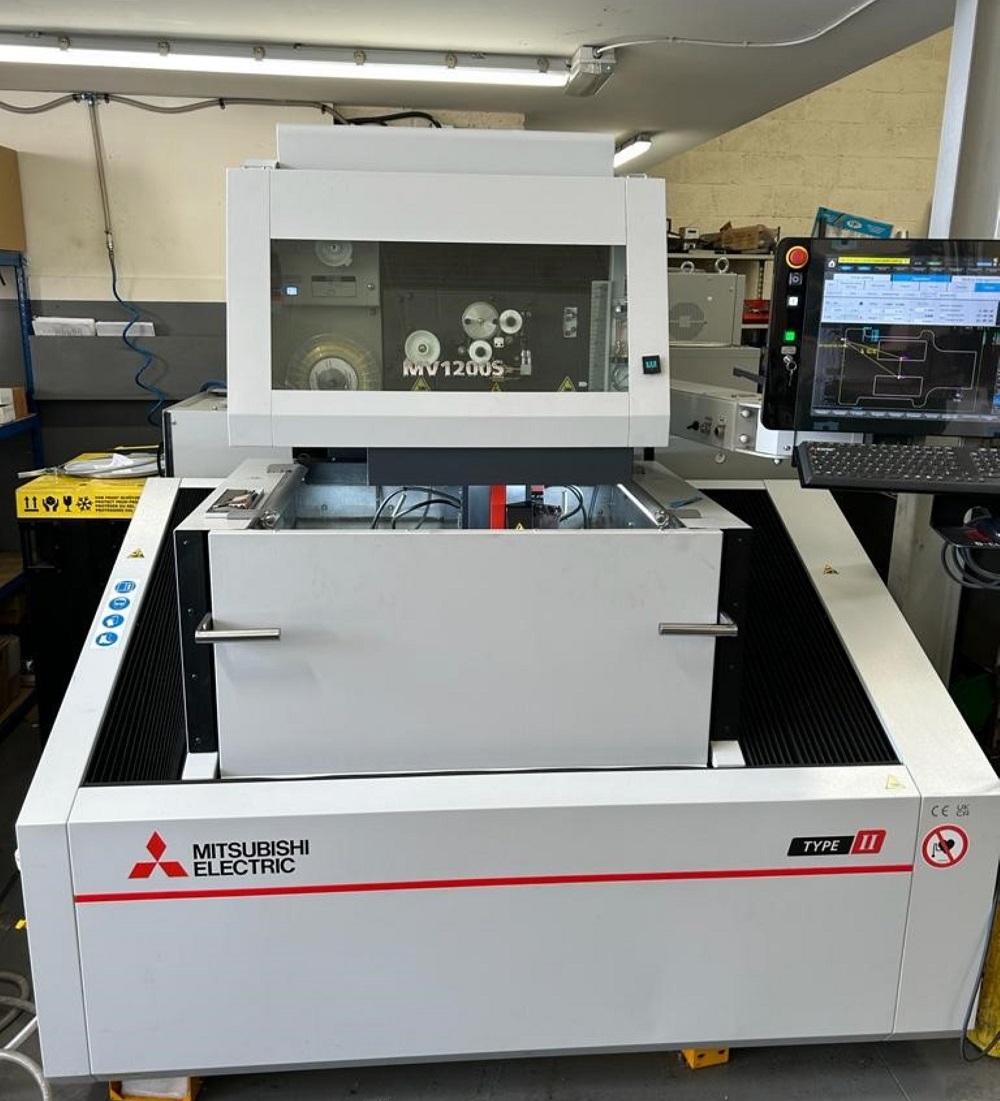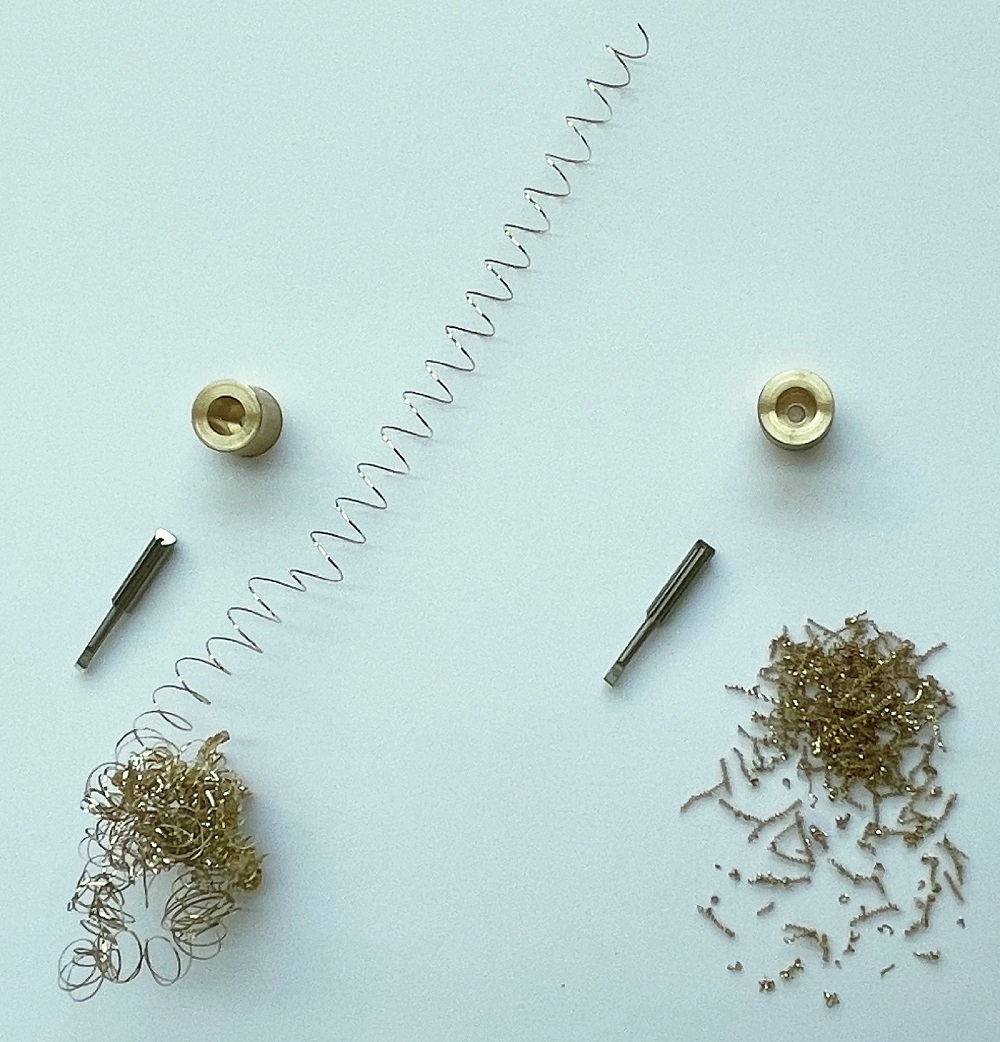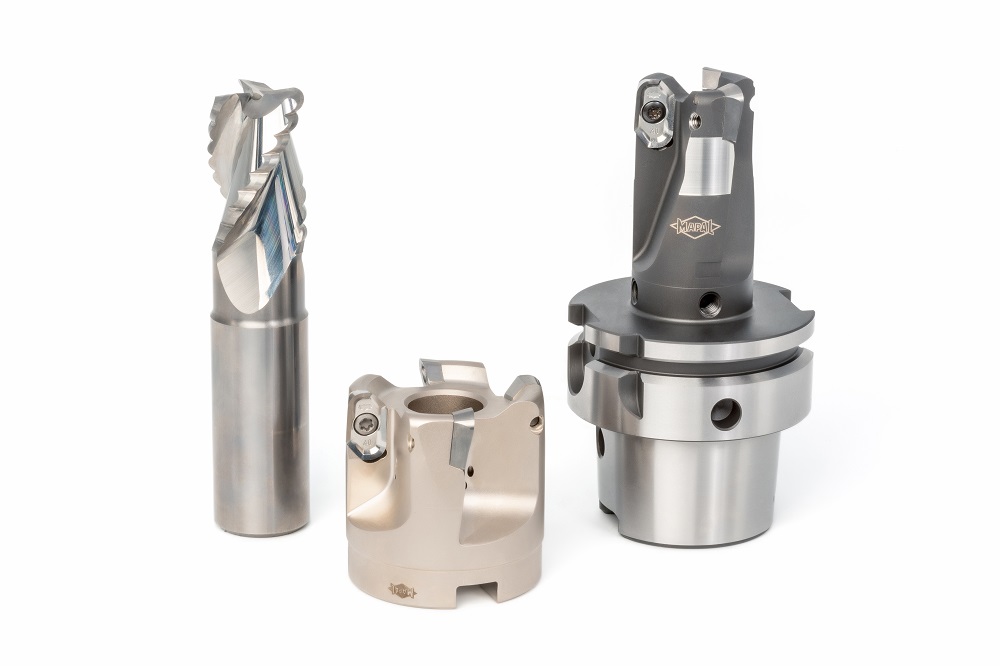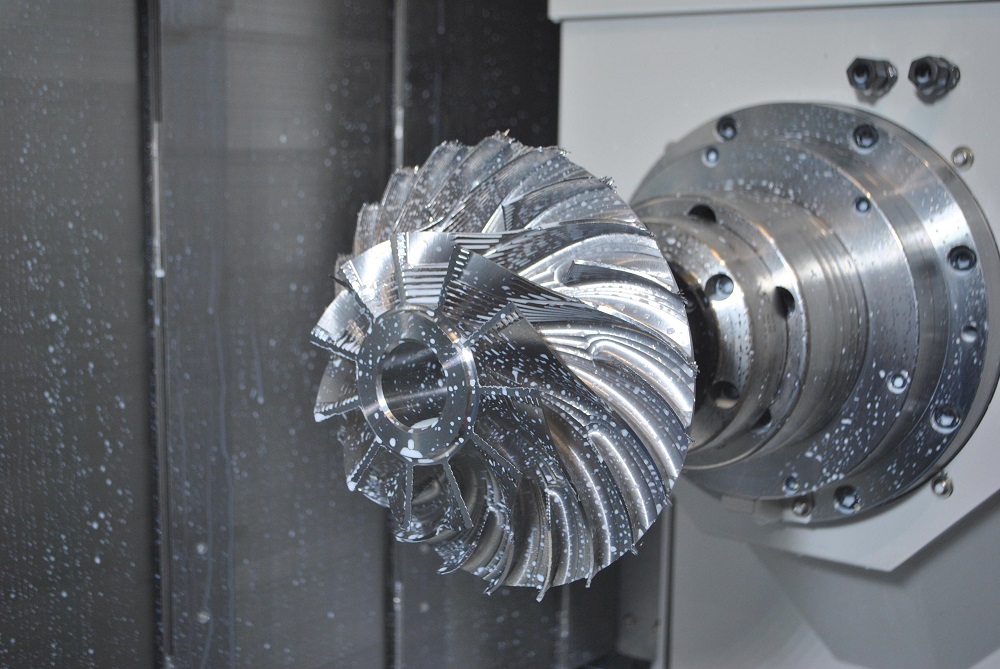As a specialist toolmaking business that works with clients from concept through to manufacture, MJ Toolmakers has gone from strength-to-strength since the business began trading in 1995. Producing mould tools, injection mould tooling, aluminium and zinc cast tooling, and extrusion die tooling, the Market Harborough based company is witnessing an ongoing period of sustained growth. It is the continuous upturn in business that has seen the company acquire two Mitsubishi EDM machines from the Engineering Technology Group (ETG).
As an established manufacturer with a range of manual and CNC machine tools, MJ Toolmakers was witnessing capacity issues in its four-machine EDM department. In addition, the company has a stringent policy of replacing machine tools after five years of operation to ensure the 11-employee business always runs the most up-to-date technology available.
Commenting on the situation, director at MJ Toolmakers, Paul McDermott, says: “We needed to replace an ageing machine and were intent on investing in a greener, more cost-effective and more powerful machine. Simultaneously, we know that a new machine would improve productivity whilst also reducing our costs.”
With a mixture of wire- and spark-erosion technology on site, the company undertook a full review of the marketplace before taking delivery of a Mitsubishi MV1200S wire-erosion machine in January 2023. Rapidly following this machine was another Mitsubishi mode, this time an SG8S die-sink EDM machine in March 2023.
With no prior experience of Mitsubishi machine tools or working with ETG, fellow director and brother of Paul, Nathan McDermott, says: “We reviewed the entire marketplace and ETG offered us the best machine with the best performance at a cost-to-performance ratio that met our needs. Additionally, the large work area of the Mitsubishi MV1200S in combination with an extremely small footprint, was a very attractive proposition for our workshop.”
Since the machine arrived it has been running around the clock.
“Our business works across a range of sectors from the nuclear, marine and oil and gas sectors, to point of sale retail, automotive and electronics,” says Nathan McDermott. “With a prestigious reputation as industry-leading toolmakers in all of these markets, we’ve been able to re-shore work from Europe and the Far East. Sadly, a lot of toolmaking businesses went under during the pandemic, which left a lot of work available for toolmaking experts like ourselves.”
To help MJ Toolmakers absorb some of this capacity, the Mitsubishi MV1200S wire eroder is working around the clock.
“The MV1200S is running at least 85% of the time,” says Nathan McDermott. “As a business, we operate 24/7 with lights-out machining. The Mitsubishi MV1200S has been running non-stop since we bought it, and it runs approximately six times faster than our previous EDM machine.”
In comparison with the previous machine, the Mitsubishi MV1200S provides several benefits. Inevitably the former ageing machine incurred a number of service issues, while the power and consumable costs were higher than on the Mitsubishi MV1200S. This is because the Mitsubishi MV1200S incorporates next-generation drive systems and an optimum machine structure with linear shaft motors that not only help to improve surface finishes and productivity rates, but also prolong wire life. From an operational perspective, the Mitsubishi MV1200S has an attractive user interface that guarantees ease of operation and the ability to reduce human errors for customers. With the information displayed on a large 19-inch screen, the CNC system can reduce set-up times by up to 40%.
“We can program the Mitsubishi MV1200S online and offline, and it is very easy to use,” explains Paul McDermott. “From a productivity perspective, the machine is significantly faster than its predecessor, more than six times faster in fact, making it is difficult to quantify savings in the consumption of consumables such as wire.”
The instant impact of the Mitsubishi MV1200S led the company to add a new die-sinking machine to its armoury with the purchase of a Mitsubishi SG8S die-sinking machine in March.
Adding this machine to the plant list, Paul McDermott says: “We needed more capacity, and the compact Mitsubishi MV1200S has an extremely small footprint with an auto-spark system and a 10-position electrode changer to extend our periods of unmanned running. We have one die-sink machine that has no tool-change facility and another with four positions, so the 10-position electrode facility enables us to run for longer periods with significantly higher productivity rates. This capability not only reduces our set-up times and reduces manual intervention, but the machine also achieves significantly less electrode wear.”
Reduced wear is a credit to the new Mitsubishi GV generator that can benefit a wide range of applications. Superlative performance with extremely low electrode wear is achievable when using graphite electrodes, while copper electrodes can create intricate details and high surface qualities, reports the Engineering Technology Group. The generator is just as suitable for machining carbide as for machining titanium and many other materials.
Concluding on the acquisition, Paul McDermott says: “We’ve been very pleased with the service from ETG, while the quality of the Mitsubishi EDMs is second to none. We are extremely happy with the machines and they’ve been working around the clock since their arrival earlier this year.”
For further information www.engtechgroup.com






